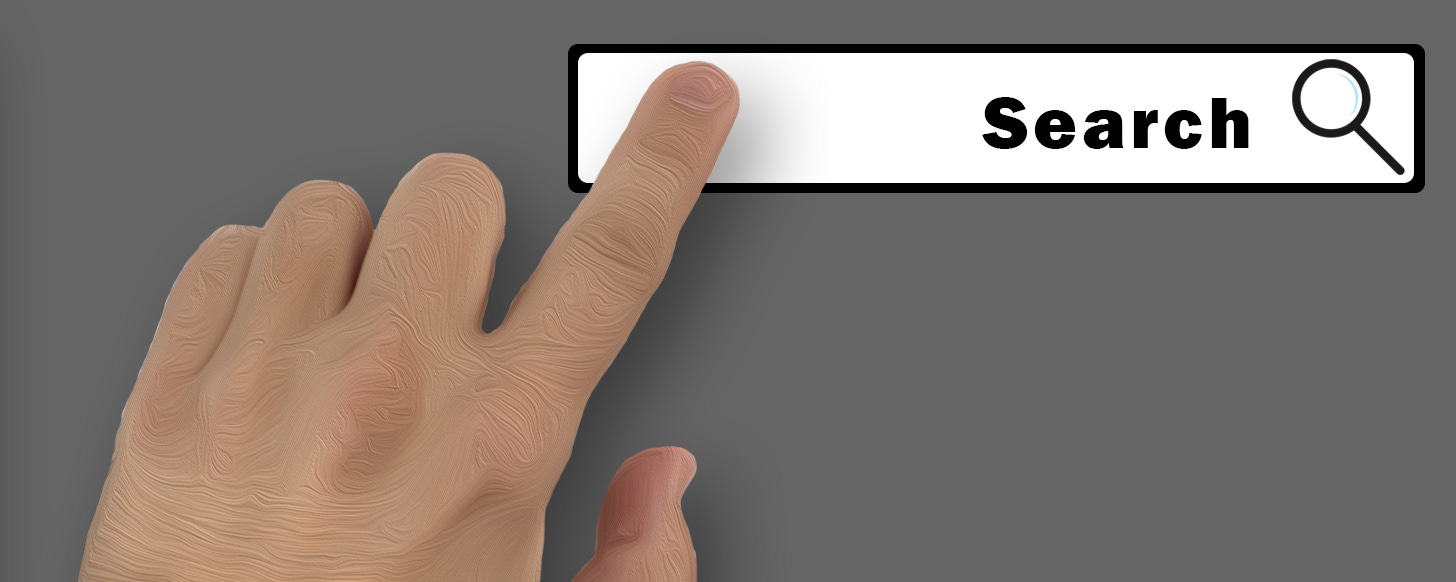Chapter 2 - Searching For Answers
You don’t always need to be two steps ahead.
An audio version of this post is available below (for paid subscribers.)
When my family’s world was falling apart in 2022, the most common misstep I witnessed my nearest and dearest take was what I call “helpful research.” This is when you, as the friend or family member of the person affected, do a Google search or talk to a friend who’s an “expert” and then pass that info along, as a potential solution to the crisis your friend is experiencing. For us it induced a triggering sense of emotional confusion and intellectual fatigue, disguised as the potential answer to our prayers. I was amazed how much it jolted my nerves each time I got hit by it, and how I would likely have done the same thing were the roles reversed.
It’s a trap!
And it’s easy to fall into. Someone you love is in pain and you want to help. They’ve been busy, and/or uncommunicative, and you’re desperate to find some way to back them up. So you type out their woes into the search bar and see what solutions the internet sends your way. You click on the first medical journal that seems relevant and pass it along.
Or Facebook’s algorithm shows you an article about something statistically similar to what you and others are going through, and you then show it to someone who you think could benefit from the newfound information.
What’s the harm?
If the facts are outdated or irrelevant, the people on the receiving end can just ignore it, right?
The truth is, you have no idea how they’ll receive the research you relay to them. At best, it might echo everything else they’re being told by experts or professionals, and just remind them how difficult things have become. Giving them unsolicited advice suggests that you think they might not have the best people helping them directly, or they might not understand all aspects of what’s going on. It can feel like you’re judging their choices, questioning whether or not your friend has actually done their own research, or collaborated with the right experts. It might begin sewing seeds of doubt in their mind, and those can be hard to dig out.
They might recognize immediately that the leads you found aren’t going to help them, but the mere mention of similar cases is enough to make them feel triggered, anxious or depressed. Imagine having a loved one injured or killed in a car accident, and your friends and family, to support you, keep messaging articles lined with pictures of demolished cars.
Even worse, you could be wrong. And chances are, without all the information, you probably are. With the recent pervasiveness of AI in search results, it’s getting harder to trust the internet’s answers without matching them to better sources, and that’s a lot of work for someone who wants to use their phone or computer for more pressing matters.
This mostly applies to a text or email. If you’re having a conversation in person, or on the phone, where you can judge the state of someone’s mind before attempting to fill it with more details, you needn’t take as many precautions. You know your loved ones better than I do. If you’re comforting someone and know something you think they don’t, ask them if it’s okay to share that information with them. And if they say yes, tell them.
But if it’s the middle of the night, or you haven’t spoken to them in a few days (or longer-you know who you are), reconsider sending sensitive links or videos when you don’t know where they’ll be, mentally or physically, when they get them.
There are always exceptions.
If someone asks you to research something for them, because they don’t have the time or energy, that’s a different story. You may have a history in your social circle of handling particular issues, or happen to be employed by the same people they’re seeking help from. If you are their lawyer, as well as a friend or family member, then keep researching, by all means.
But if you’re just someone close to them with a career in medicine, be careful sending them boatloads of medical jargon that may stand in opposition to what their actual doctors are saying. The same goes for someone that works in education, or the penal system. If you’re answering a plea for help, your loved ones are lucky to have you. But if they’ve been quiet or reserved in their pursuit of knowledge, it may be because they’ve got all the material they need to make an informed decision, and anything else will just make things fuzzier, or more painful.
Not everything’s fixable, but this pitfall is.
There is a secret weapon to combat these sore misunderstandings: communication. If you think you’ve fumbled the ball despite your best intentions, reach out to those you care about, even if it was weeks, months, or years ago. You might find there was no harm and no foul, but still come away with a deeper understanding of how to support them in the future. And by taking responsibility for a potential misstep, you’re creating trust in your relationship so that if your friend needs your help down the road, they’ll consider asking you.
Let’s talk it out.
Did someone once send you into a spiral when they were just trying to help? Are you about to send someone your own research and fear it might not be the best idea? Let me know in the comments!
An audio version of this post is available below (for paid subscribers.)
Keep reading with a 7-day free trial
Subscribe to The Friend's Guide to Horrible Things to keep reading this post and get 7 days of free access to the full post archives.




